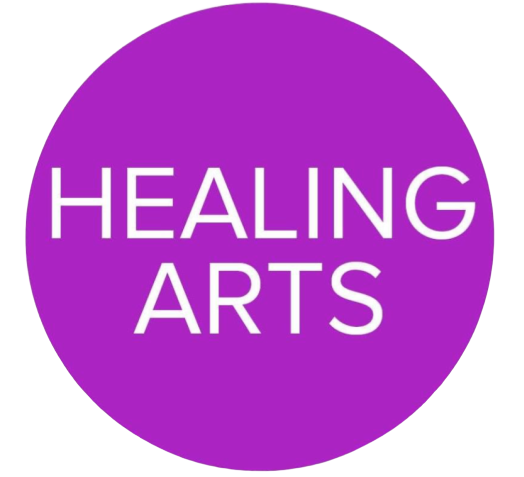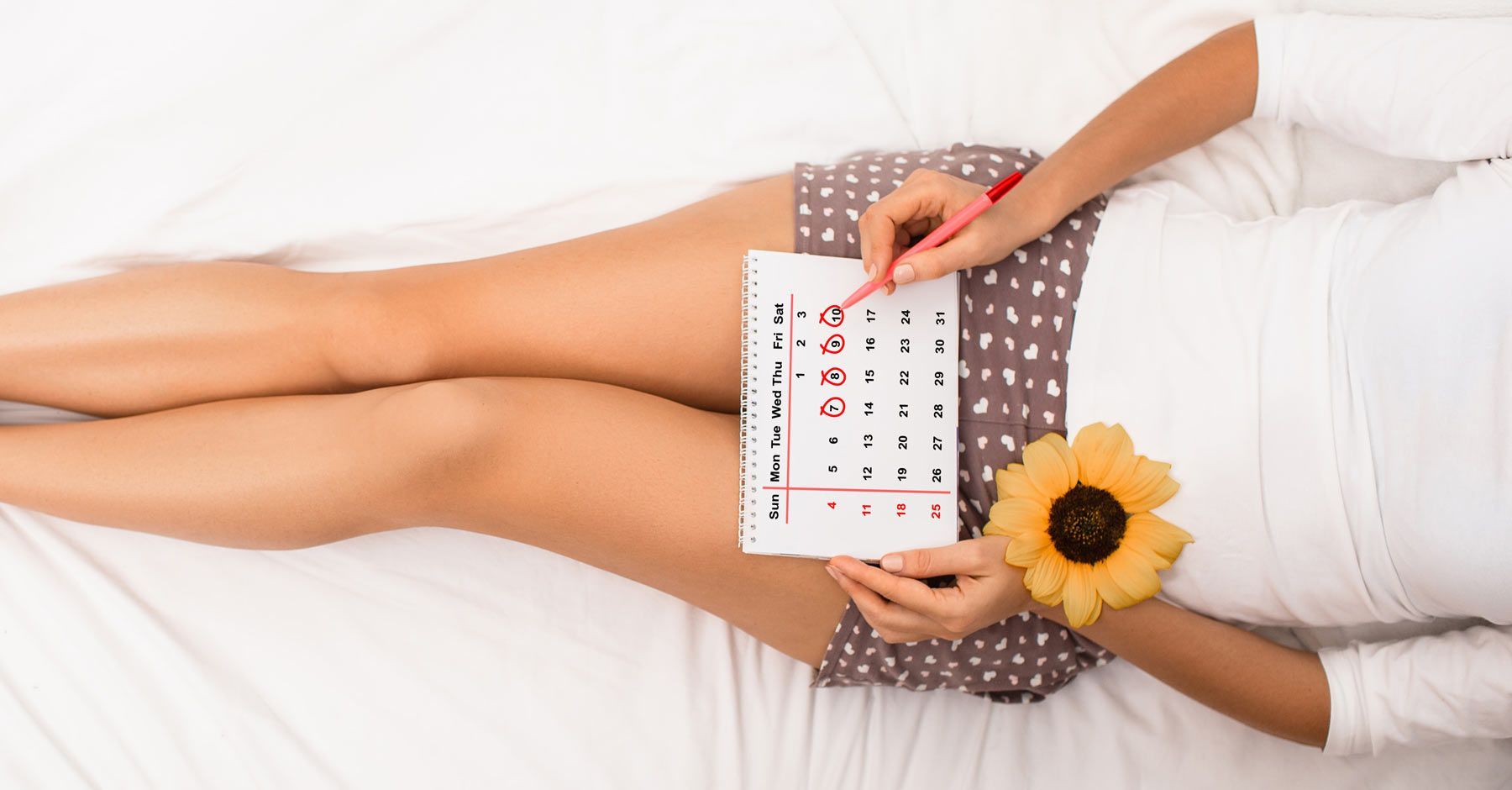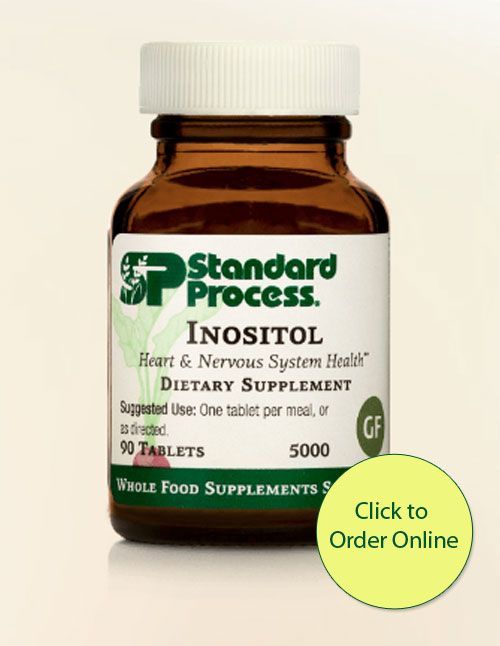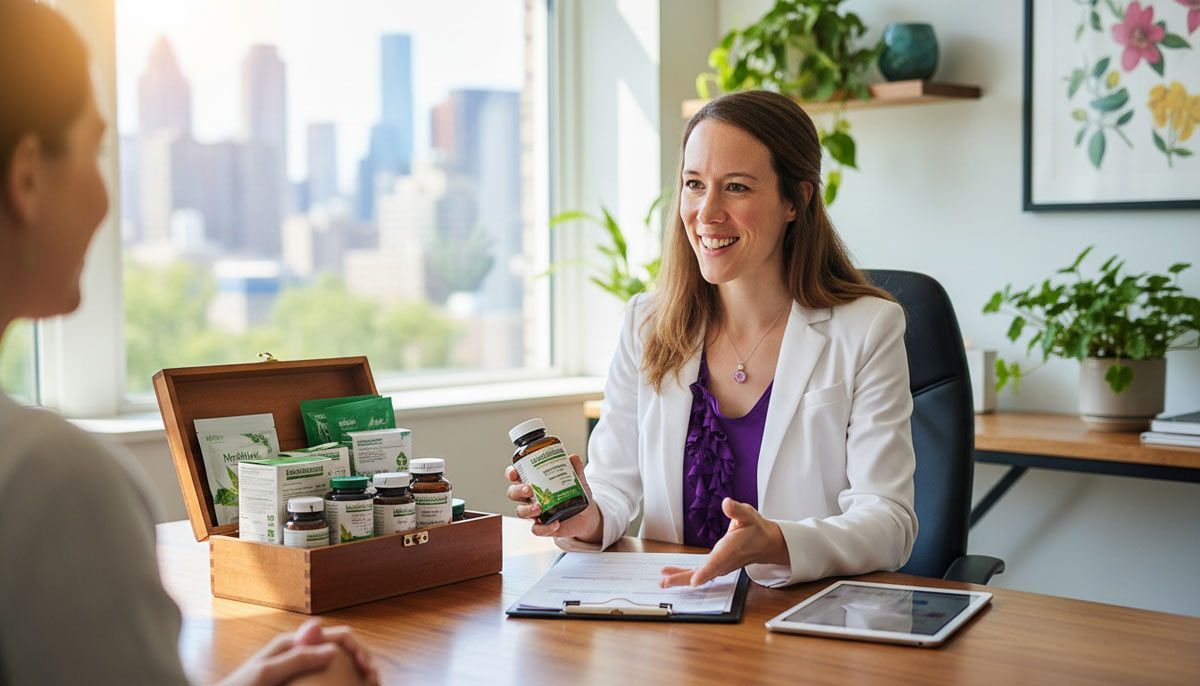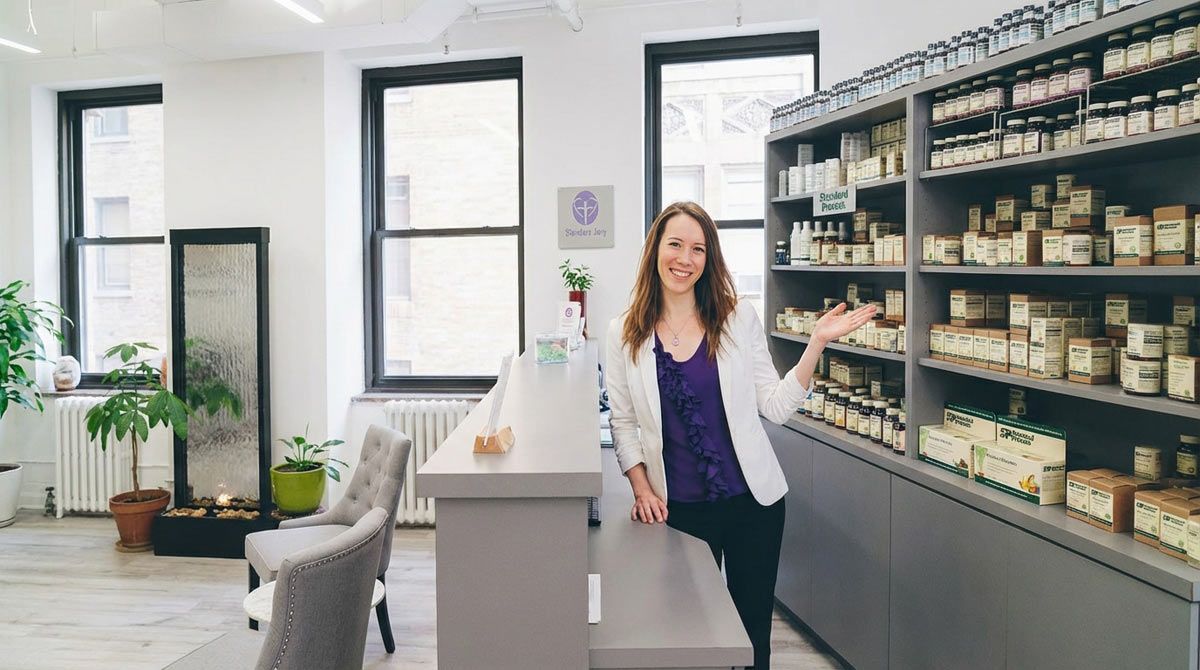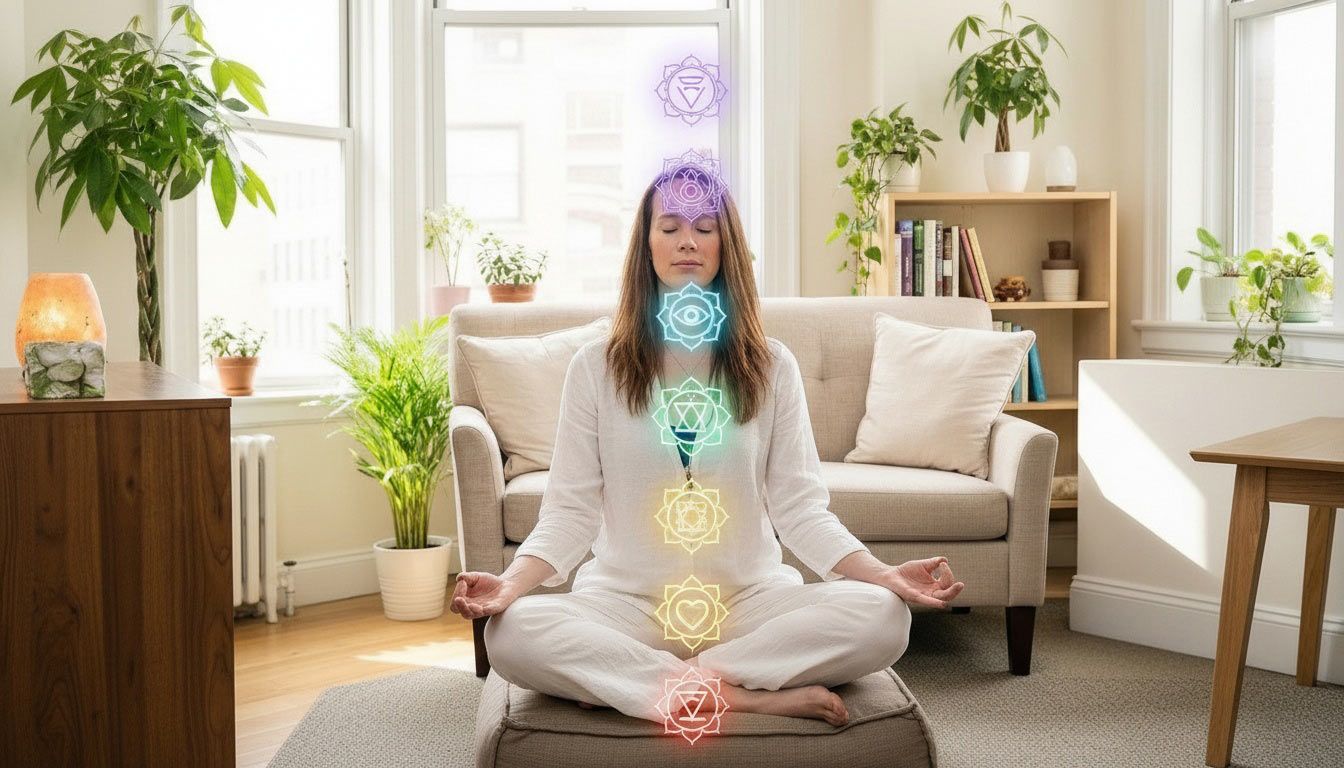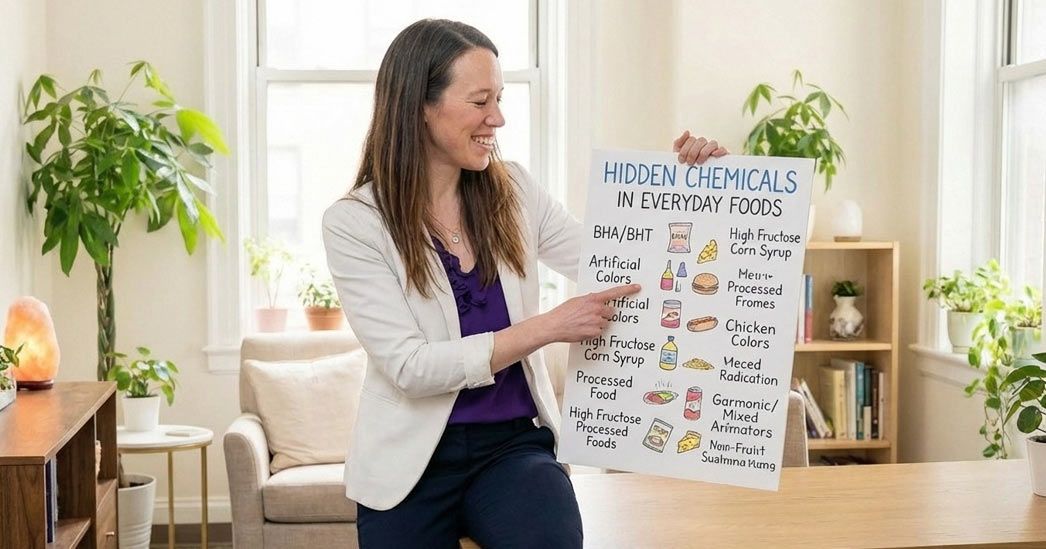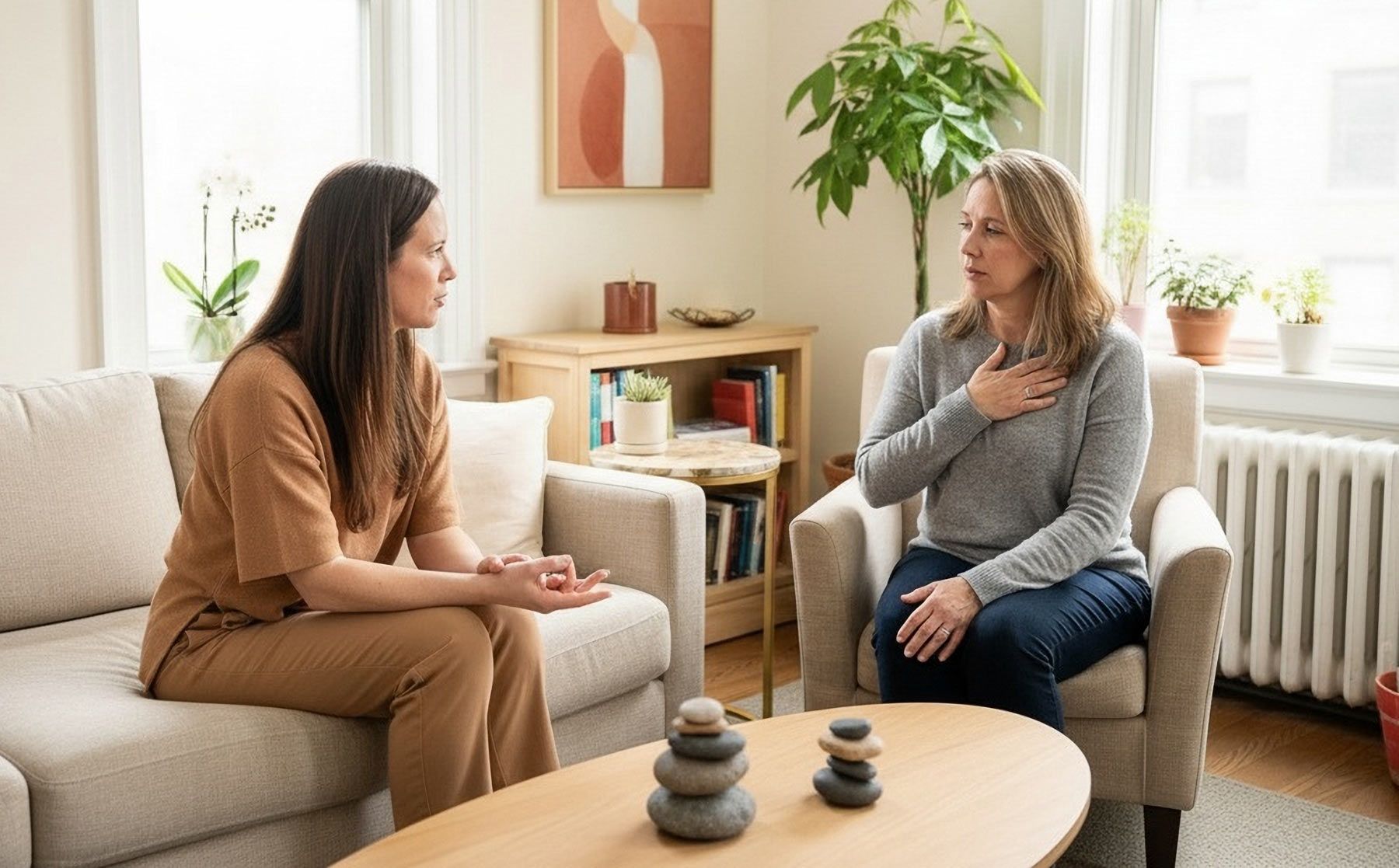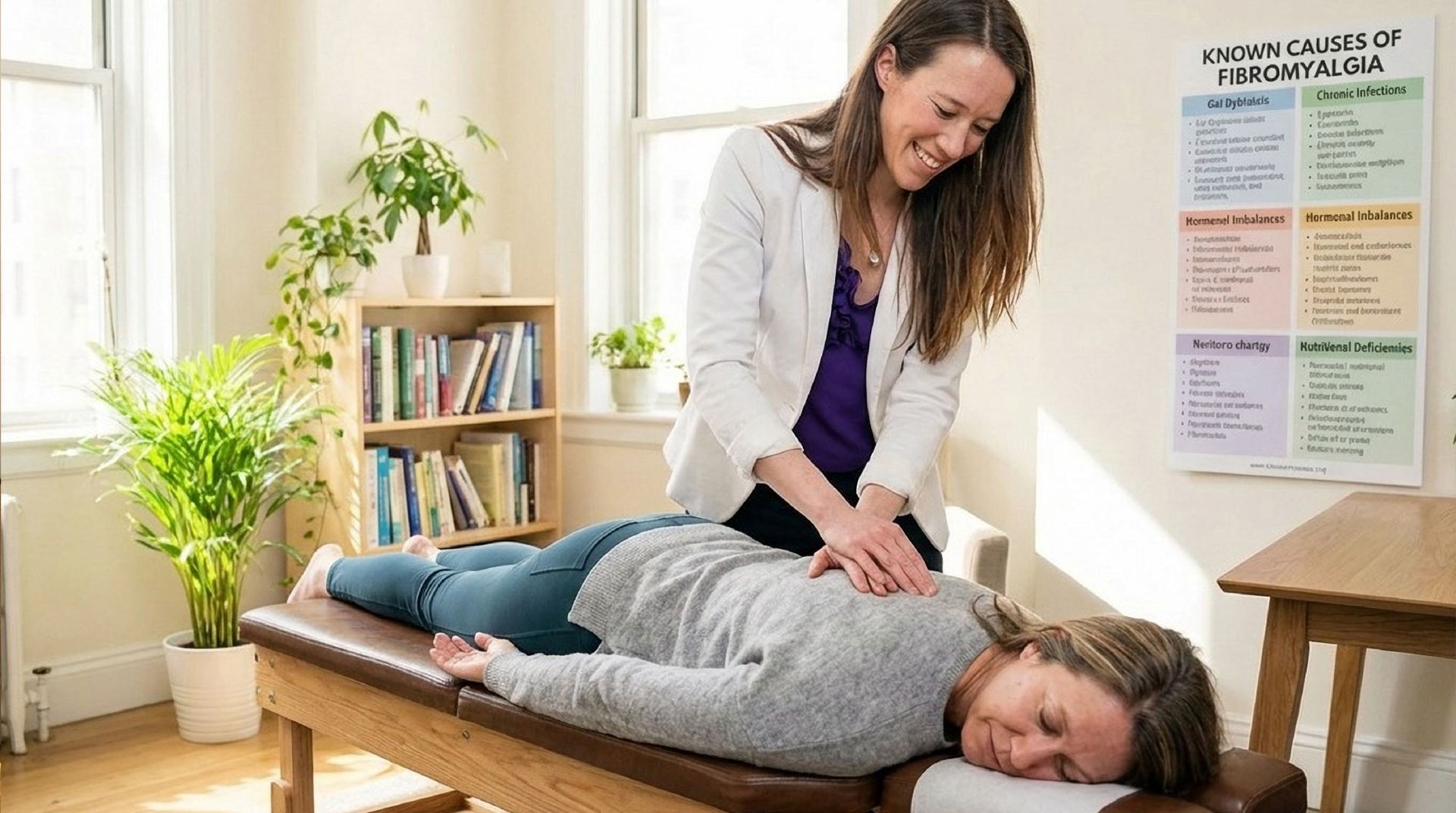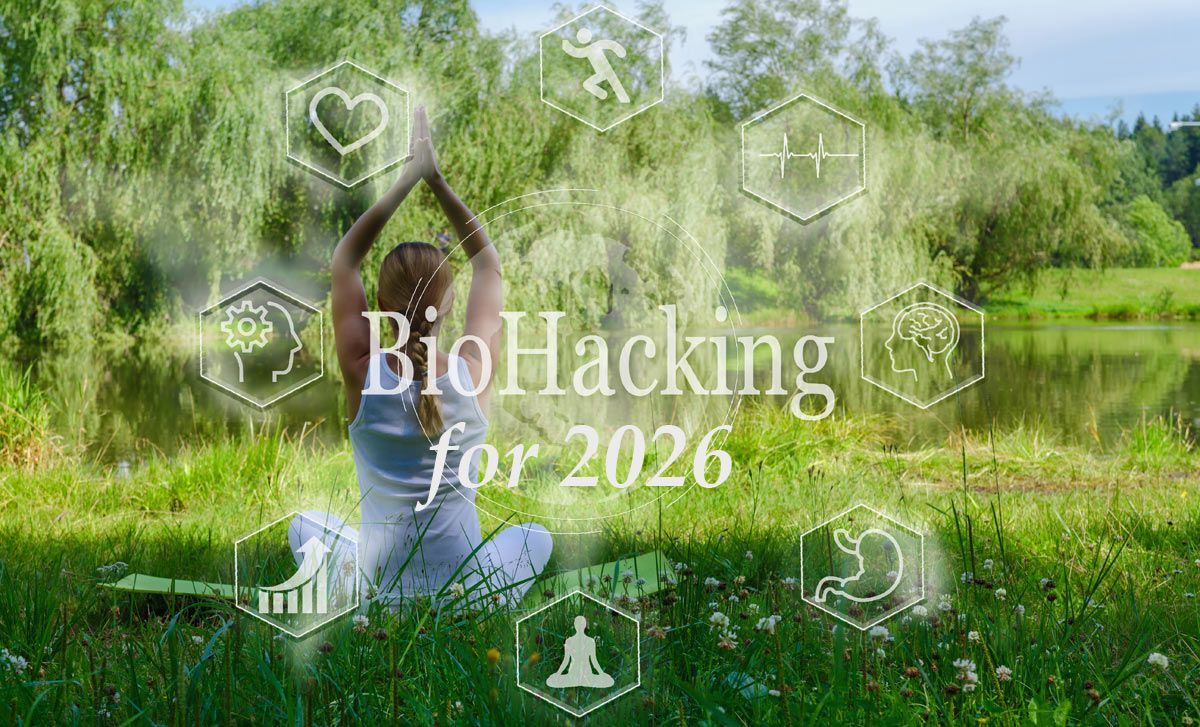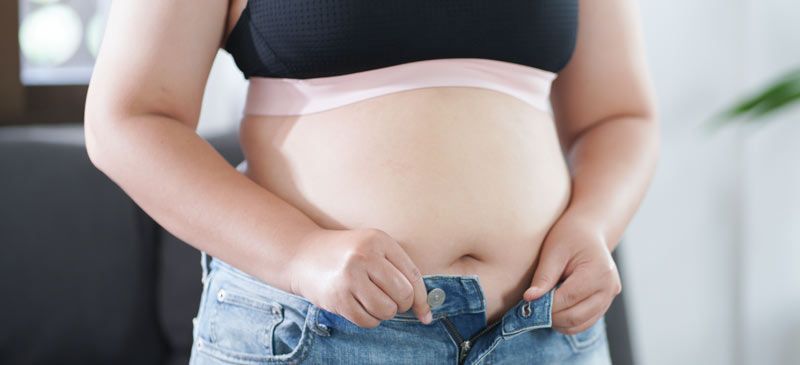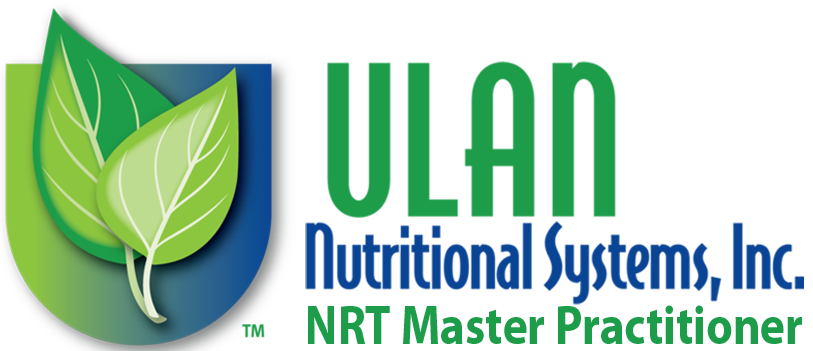PMS Natural Remedies
You may think that PMS symptoms subside with age. Unfortunately, cramps, headaches, and other premenstrual pain can get worse into your mid-30s and 40s. While many of us have accepted these symptoms as "normal," they're anything but ordinary. Your symptoms could also be the result of something more serious. It's not healthy to be in pain every month or to experience mood swings, fatigue, irritability, or even acne regularly.
-Dr. Alicia Armitstead
There are reasons you might experience hormone imbalance in your 30s and beyond, and it has nothing to do with PMS. What a lot of people do not know is that chronic stress, nutrient deficiencies, and environmental toxins all contribute to hormone imbalance. That's where we can really help. With the muscle testing we do, we can identify those toxins, figure out what nutrients your body is missing, and design a nutrition program just for you.
One of the main toxins we find in women suffering from hormonal issues is plastic!
BPA Poisoning
It's great that the government finally recognizes BPA as a toxin that not only interferes with women's hormones and fertility but also causes cancer, among other health issues. However, BPA is not the only toxin in plastic, and I wonder how long it will take for the government to recognize this, too. So, we want to stay away from plastic whenever possible. No plastic forks, spoons, straws. If you love straws, you can buy stainless steel straws from Amazon—no plastic water bottles.
I use a glass one called a flaska, which I love. You can use stainless steel water bottles, too. Do your best to avoid ziplock bags, saran wrap, and Tupperware. To store leftovers, I use Pyrex glass containers with rubber tops, and I just don't let the food touch the rubber. But if you buy a bag of frozen peas, it is what it is; there is nothing you can do about it. I always suggest to my patients that they just do the best they can. They will not be able to get rid of plastic 100%.
The hormone disruptors in plastics even influence the way genes express themselves in people with reproductive disease and obesity to make it more likely that people pass the disorders onto their children. The study of how the cellular environment changes gene expression is called epigenetics. I think it's fascinating, and for this reason, we want the cellular environment to be as healthy as possible from all heavy chemicals, heavy metals, and junk food so that the cell can create optimal gene expression for your health.
Besides plastic, other toxins that have been studied that cause hormone imbalance and can lead to PCOS and other issues are:
Pesticides
Pesticides can enter the food we eat through direct application on crops to control pests and diseases. Residues may remain if not applied correctly. Contamination can also occur from soil and water, especially through runoff during rain or irrigation, affecting crops that absorb these chemicals. Storage and transportation issues, such as inadequate containment, can lead to cross-contamination. Additionally, livestock can be exposed to pesticide residues in their feed, which can then transfer to meat, dairy, and eggs. Washing fruits and vegetables and choosing organic products can help minimize pesticide exposure in our diets. Eat as organic as possible.
Phthalates
Phthalates (THAL-ates) are chemicals in plastic that make it soft and flexible. You can also find them in Cosmetics and personal care products, from perfume, nail polish, and hair spray to soap, shampoo, and skin moisturizers. To learn more about phthalates and how healthy your personal care products are, go to ewg.org. The website is from the Environmental Working Group, and it rates all personal care products and cleaning products on a scale of 0-10, 0 being the healthiest for you and 10 being the worst for you, meaning it's researched to cause cancer. It's a great website with thousands of product ratings, so you can choose the healthiest ones, and I love the research they use to determine the score they give each product.
Phytoestrogens
Phytoestrogens are a compound in plants that acts like estrogen in the body, and if we eat too many, then the hormones get imbalanced because the body thinks it has too much estrogen. Foods that contain phytoestrogens include: soy and soy products, flax seeds, grapes, carrots, lentils, licorice, bourbon, olive oil, and oats.
Hormone-Free Meat
Another big hormone disruptor we eat all the time is meat, which contains hormones. When animals are poorly farmed, they are given hormones to grow and mature faster so they can reach the butcher faster, and the farmer can have a higher turnaround rate. I think over the years, farmers have used more and more hormones with their animals, which is the reason why girls are hitting puberty faster. It's also a main cause of moodiness. I think all women know what it feels like to be extra hormonal. The last thing we want is extra hormones from the meat we eat, so if you eat meat, then do your best to eat quality meat without added hormones.
Inositol
One particularly significant natural method of treating hormones is inositol, a type of sugar found in fruits, beans, grains, and nuts. The foods with the highest levels of inositol are cantaloupe and oranges. Inositol influences the insulin response and several hormones, not just sex hormones but also several hormones associated with mood and cognition.
Multiple studies have shown that supplementation with Inositol may not only improve insulin resistance but also decrease male hormones in the bloodstream, lower blood pressure, and lower triglycerides, which makes it really helpful for patients with PCOS (polycystic ovarian syndrome).
Also, inositol seems to promote ovulation, which, in turn, may support fertility. There was a study done where women who weren't getting their period and then started supplementing with inositol, 86% got their period back, whereas, in the control group who was taking a placebo, only 6% got their period back.
Vitamin D
Another supplement that helps is vitamin D. Between 67%–85% of women with polycystic ovary syndrome are thought to be deficient in vitamin D. Adding vitamin D to a daily routine I have observed it to improve insulin sensitivity, increase weight loss success, slow the formation of ovarian cysts, regulate periods, minimize inflammation, reduce oxidative stress, lower cholesterol, lower high triglycerides and reduce male hormones in the bloodstream.
Estrogen Dominance and Estrogen Deficiency
Another thing people don't realize is that women of all ages are starting to experience the symptoms of estrogen dominance or estrogen deficiency—way before perimenopause or menopause begins. Luckily, supplementing with the right nutrients can help. That means fewer symptoms from PMS, like headaches, cramping, and mood swings.
Red Raspberry Leaf
I love using a red raspberry leaf to help not only with PMS but it's also great for perimenopause, menopause, infertility, and amenorrhea too! You can drink it as a tea or take it as a tincture. The leaves of the raspberry plant are believed to cure infertility in both men and women. I also use red raspberry leaf tea to help regulate menstrual cycles when the cycle is too long or too short, and it's great while pregnant, too, because it helps tone the uterus, decrease nausea, and ease labor pains. I also used it afterward for breastfeeding mothers because it helped increase milk production. Try some at our Medicinal Tea Bar next time you come in.
No matter what age you are I see time and again how hormone balance also means better health long-term. It truly is that important.
